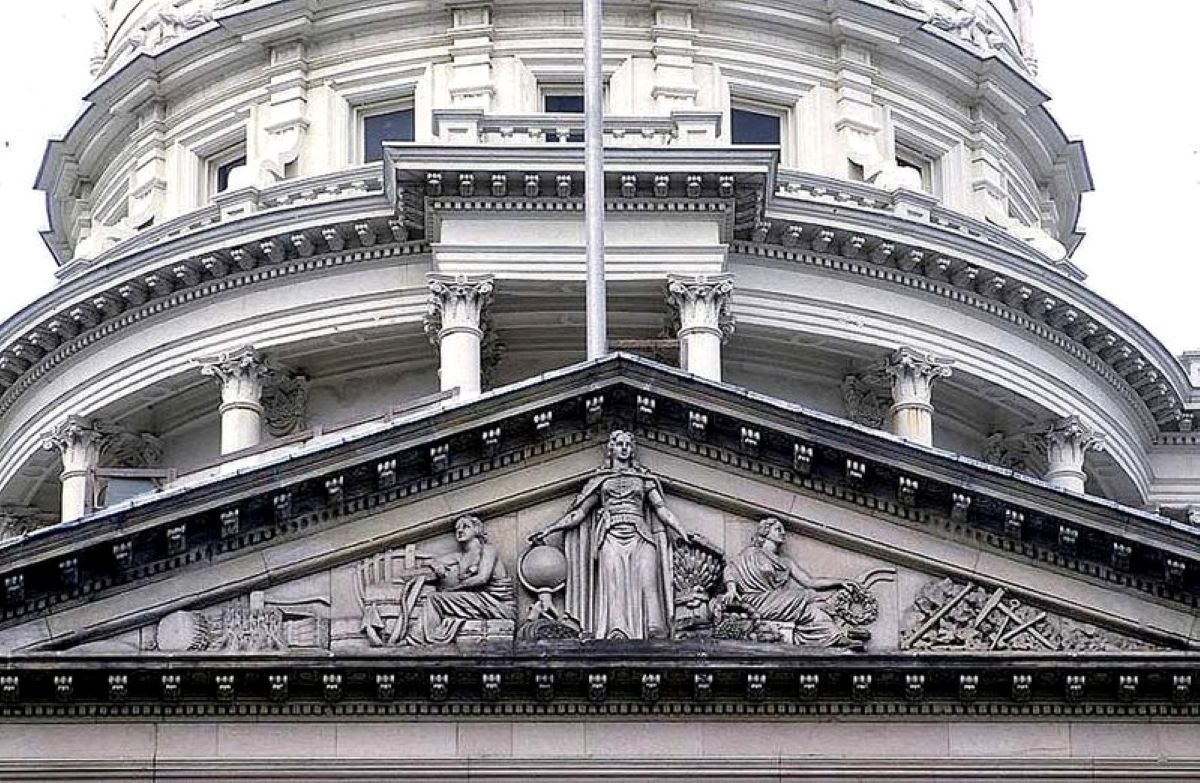Egg Seizures Spike At Southern Border As Prices Soar Across United States: Officials
U.S. Customs and Border Protection Between October and December last year, reported poultry and egg seizures increased by more that 108% at southern border ports. This was due to an increase in product prices in the United States.
Federal law bans the import of uncooked eggs from Mexico to the U.S. This could lead to penalties up to $10,000 if officials find out that travelers have not declared such agricultural items. said.
“My advice is, don’t bring them over,” Charles Payne, CBP Supervisory Agriculture Specialist, told Border Report. “If you fail to declare them or try to smuggle them, you face civil penalties.”
The latest figures from border officials were announced as the price of a dozen large grade A eggs was $4.25 in December. This is a 140% increase over the same month last years, according to the Daily Mail. reported.
Payne claimed that egg seizures at the border by CPB officers were becoming more common in recent months, despite the rise in dairy prices.
Payne also explained that the steep fines are intended for undeclared agricultural goods, while individuals could face civil penalties up to $300 for illegally transporting these products. CPB officials will only confiscate and destroy eggs if the person transporting egg products informs them in advance.
“The advantage of declaring it is, we will pick it up with no penalty issued,” Payne spoke. “If you fail to declare it or if you attempt to smuggle it, there’s going to be a penalty.”
Border Report also noted that the Economic Research Service of the U.S. Department of Agriculture revealed that the prices for a dozen eggs rose from $3.50 up to $5.30 in the last year due to avian influenza spread.
According to the Daily Mail: More than 43,000,000 of the 58,000,000 birds that were killed last year in order to combat the avian virus were eggs-laying chickens.
Rodney Holcomb, Oklahoma State University’s agricultural economics professor, said The Hill In 2022, approximately 10% of all laying hens were killed by the virus.
“It was a perfectly bad storm – not a perfect storm, a perfectly bad storm – of high energy prices, high feed prices and avian flu,” Holcomb stated. “It resulted in big price fluctuations we haven’t seen since the avian flu issue of 2015, and this was even worse.”
Emily Metz (CEO of the American Egg Board trade association) stated that she believes the cost rises in labor and fuel in recent years were more significant than bird flu, which affected egg farmers.
“When you’re looking at fuel costs go up, and you’re looking at feed costs go up as much as 60%, labor costs, packaging costs – all of that … those are much much bigger factors than bird flu for sure,” Metz said.
USA Today reported California and Colorado were the first states to have eggless shelves, while Arizona and Massachusetts now have their own chicken farms.
Metz said to the outlet that the trade organization has seen. “some very, very temporary, isolated and hyperlocal shortages.”
“We have not seen widespread shortages,” Metz said. “We have not seen panic buying or anything like that.”
Egg prices likely won’t drop until the market stabilizes, Maro Ibarburu, associate scientist at the Egg Industry Center at Iowa State University, told USA Today.
“In the absence of new cases (of avian influenza), the production of eggs will gradually increase over the next several months, and that should help with the market,” Ibarburu said. “But the demand is also an important factor.”
" Conservative News Daily does not always share or support the views and opinions expressed here; they are just those of the writer."





Now loading...